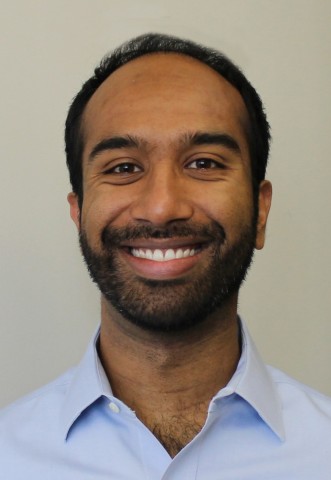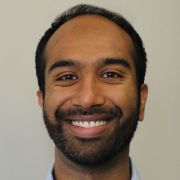Our domestic and global health delivery systems face significant challenges to providing all of our patients with quality health care. Medical education plays an important role in improving health equity. The Cambridge Health Alliance Internal Residency program has developed a required social medicine and research based health advocacy course to address a gap in medical training. The program believes that physician advocacy is a central tenet of medical professionalism.
In a recent piece in Academic Medicine, legendary physician advocate Jack Geiger wrote, “Five decades as a medical educator have convinced me that most students enter medical school with high idealism. They care about inequity, domestic and global population health status, poverty and its health consequences….I believe that for a significant number of these students there is a steady erosion of this idealism by the time of residency training, to be replaced by cynicism, loss of empathy for patients, decreasing satisfaction in clinical work, exhaustion, and depression.”
As medical educators, it is our responsibility to nurture and develop the altruistic values that bring students into the calling of medicine. We must provide trainees with the knowledge, skills, role models and mentorship needed to develop a career founded upon their personal and professional values. Medical education can be a potent force in helping trainees choose careers dedicated to address systemic health inequity.
With this mission in mind, the Cambridge Health Alliance Internal Medicine Residency program has made a course on social medicine and research-based health advocacy a central pillar of its training experience. In 2012, we transformed a popular elective into a required course on this topic. In recent weeks, we have described this course in a paper published in Academic Medicine and a news article in the Boston Globe’s health and science outlet STAT News.
In the course, residents learn about topics in US health care reform, human rights, health policy, and global poverty and disease. They participate in research and community organizing skill workshops. They meet with inspiring role model advocates such as Harvard Kennedy School Professor Marshall Ganz, former Administrator for the Centers of Medicare and Medicaid Services (CMS) Don Berwick, and Partners in Health Chief Medical Officer Joia Mukherjee. They meet with media professionals at Boston’s National Public Radio affiliate WBUR or the Boston Globe.
A highlight of the course is experiential learning through a research based health advocacy project. The project gives residents a real world experience of serving in the role of health advocate. The projects have produced significant scholarship in the last 5 years; presentations at Regional and National Society of Internal Medicine conferences have involved 39 resident co-authors. Last year’s project on the impact of the Affordable Care Act on individuals with chronic disease was published in the academic journal Annals of Internal Medicine, with an accompanying op-ed in NPR/WBUR’s CommonHealth Blog.
The need for health advocates has never been greater. Proposals from the current administration to repeal the Affordable Care Act could result in 32 million people losing health insurance and translate into more than 43,000 deaths a year. While the United States spends more than any country on health care, the health status of Americans is worse than most industrialized countries.
We believe that our course enriches our resident’s professional identity formation, prepares them to more powerfully engage with the challenges in our healthcare delivery systems and contributes to a workforce that is more prepared to serve the public and improve health equity.
Authors Bios

Gaurab Basu, MD, MPH is an instructor of Medicine at Harvard Medical School, primary care physician at Cambridge Health Alliance, and a co-course director of the CHA Internal Medicine Social Medicine & Research Based Health Advocacy course. He is a graduate of the Harvard Macy Institute’s Program for Educators in Health Professions. He has interests in health equity medical education, global health, and human rights.

Danny McCormick, MD, MPH is an Associate Professor at Harvard Medical School, primary care physician at Cambridge Health Alliance and course director of the CHA Internal Medicine Social Medicine & Research Based Health Advocacy course. He has interests in health equity research and medical education.
Gaurab Basu, MD, MPH

Gaurab Basu, MD, MPH is an instructor of Medicine at Harvard Medical School, primary care physician at Cambridge Health Alliance, and a co-course director of the CHA Internal Medicine Social Medicine & Research Based Health Advocacy course. He is a graduate of the Harvard Macy Institute’s Program for Educators in Health Professions. He has interests in health equity medical education, global health, and human rights.

